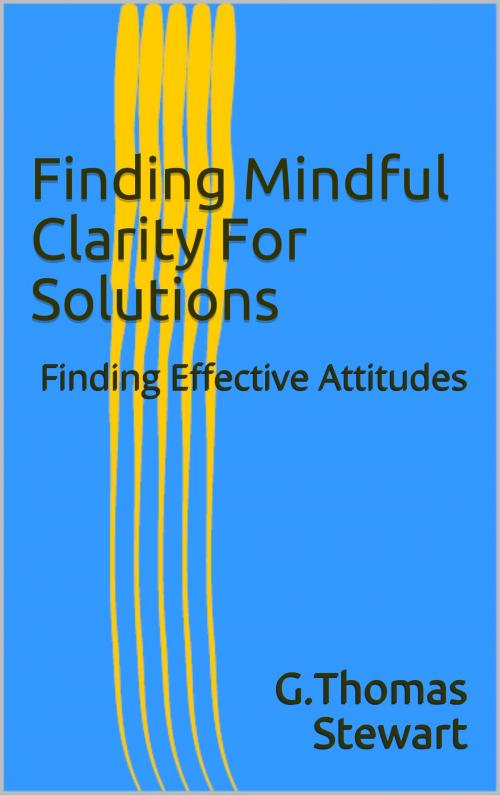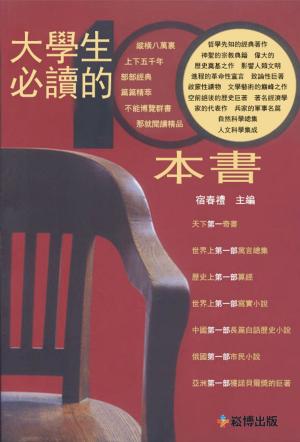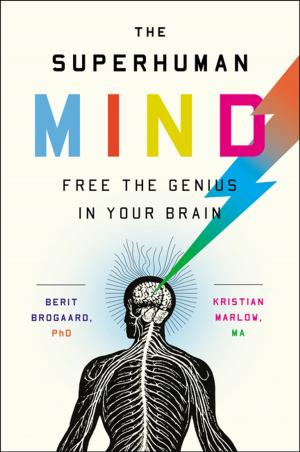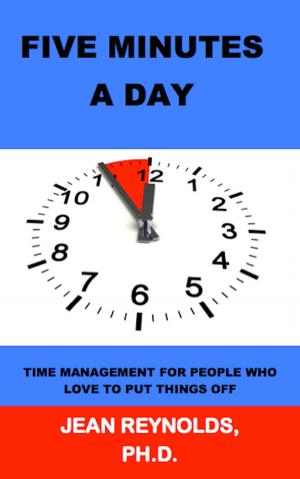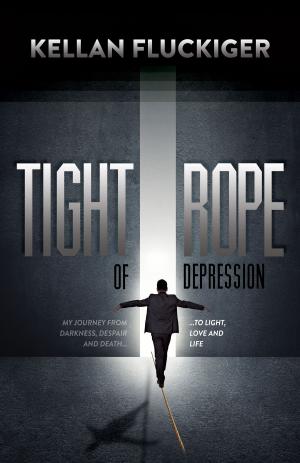| Author: | G Thomas Stewart | ISBN: | 9780992139902 |
| Publisher: | G Thomas Stewart | Publication: | October 22, 2013 |
| Imprint: | Smashwords Edition | Language: | English |
| Author: | G Thomas Stewart |
| ISBN: | 9780992139902 |
| Publisher: | G Thomas Stewart |
| Publication: | October 22, 2013 |
| Imprint: | Smashwords Edition |
| Language: | English |
[Following is the official OnlineBookClub.org review of "'Mindful Clarity For Solutions" by G. Thomas Stewart.]
For a short book, Mindful Clarity for Solutions packs a wallop. Through personal anecdotes, well-developed essays, and thought-provoking short stories, author G. Thomas Stewart encourages us to embark on our own journey to understanding our lives, our intent, and to find our path to a better existence.
While the book can, and should, in my opinion, be read as a whole, it is developed in solid stand-alone sections, which can later be used as a resource tool to building better self-understanding. So, for the reader, I suggest reading through the book absorbing the overall themes and ideas. However, don't stop there. After an initial reading, I found it beneficial to take each chapter, read it, reflect, and respond in my own journal. This introspective approach adds to the beneficial messages included in the book.
In fact, I could see this developed as a workbook with spaces for reflection and contemplation, if the author was considering creating a physical version of the book. As it is though, in digital form, it is an ideal book, with its short but substantial chapters, for reading during commutes, waiting for appointments, etc. It could also be used as a daily meditation exercise. Alternatively, with its well-developed Table of Contents and descriptive titles, a reader can turn to it when they wish to explore a particular area of their lives, whether it is finding motivation, creativity or empowerment.
While there were a few typos, grammatical and punctuation errors, and incorrect word choices – usually mistaken homonyms, they did not drastically impact my reading, and many readers would probably not notice these small errors, as they were sporadic. Overall, the writing style was engaging and the prose flowed throughout. From the basic sentence to the overall scope of the book, it is apparent that Mr. Stewart put a great deal of thought, effort and love into creating it.
If I were to find any fault with the book, it was the development of the short stories. Although, they presented the message, I think they might have benefited from being a little less instructive and more illustrative. Engaging the reader emotionally, and allowing them to arrive at their conclusions from the text would complement the essays in the earlier part of the book. Still, this is only a minor complaint as I still found them well-written and interesting.
In short, I would recommend this book to anyone who believes they can improve their life through introspection.
I would rate this book 4 out of 4. In fact, I intend to recommend this book to family and friends.
***
For many people it is very easy to get caught up in confusing thought processes that seem to make it more difficult to remember that most problems actually have simpler solutions when we are thinking clearly about how we are assessing the problem. For most people the solutions actually are what we already know but tend to forget and this book can remind you of what you may already know but may have become less clear about in the everyday world of living. The essays contain messages and reminders of how to keep your positive thinking available and working. If you have the notion to be a more positive person in your everyday living and thinking then this book will be good reminders of staying in contact with the effective positive you, and help to clarify some of daily everyday problems and practicalities which are of everyday life and living.
[Following is the official OnlineBookClub.org review of "'Mindful Clarity For Solutions" by G. Thomas Stewart.]
For a short book, Mindful Clarity for Solutions packs a wallop. Through personal anecdotes, well-developed essays, and thought-provoking short stories, author G. Thomas Stewart encourages us to embark on our own journey to understanding our lives, our intent, and to find our path to a better existence.
While the book can, and should, in my opinion, be read as a whole, it is developed in solid stand-alone sections, which can later be used as a resource tool to building better self-understanding. So, for the reader, I suggest reading through the book absorbing the overall themes and ideas. However, don't stop there. After an initial reading, I found it beneficial to take each chapter, read it, reflect, and respond in my own journal. This introspective approach adds to the beneficial messages included in the book.
In fact, I could see this developed as a workbook with spaces for reflection and contemplation, if the author was considering creating a physical version of the book. As it is though, in digital form, it is an ideal book, with its short but substantial chapters, for reading during commutes, waiting for appointments, etc. It could also be used as a daily meditation exercise. Alternatively, with its well-developed Table of Contents and descriptive titles, a reader can turn to it when they wish to explore a particular area of their lives, whether it is finding motivation, creativity or empowerment.
While there were a few typos, grammatical and punctuation errors, and incorrect word choices – usually mistaken homonyms, they did not drastically impact my reading, and many readers would probably not notice these small errors, as they were sporadic. Overall, the writing style was engaging and the prose flowed throughout. From the basic sentence to the overall scope of the book, it is apparent that Mr. Stewart put a great deal of thought, effort and love into creating it.
If I were to find any fault with the book, it was the development of the short stories. Although, they presented the message, I think they might have benefited from being a little less instructive and more illustrative. Engaging the reader emotionally, and allowing them to arrive at their conclusions from the text would complement the essays in the earlier part of the book. Still, this is only a minor complaint as I still found them well-written and interesting.
In short, I would recommend this book to anyone who believes they can improve their life through introspection.
I would rate this book 4 out of 4. In fact, I intend to recommend this book to family and friends.
***
For many people it is very easy to get caught up in confusing thought processes that seem to make it more difficult to remember that most problems actually have simpler solutions when we are thinking clearly about how we are assessing the problem. For most people the solutions actually are what we already know but tend to forget and this book can remind you of what you may already know but may have become less clear about in the everyday world of living. The essays contain messages and reminders of how to keep your positive thinking available and working. If you have the notion to be a more positive person in your everyday living and thinking then this book will be good reminders of staying in contact with the effective positive you, and help to clarify some of daily everyday problems and practicalities which are of everyday life and living.
